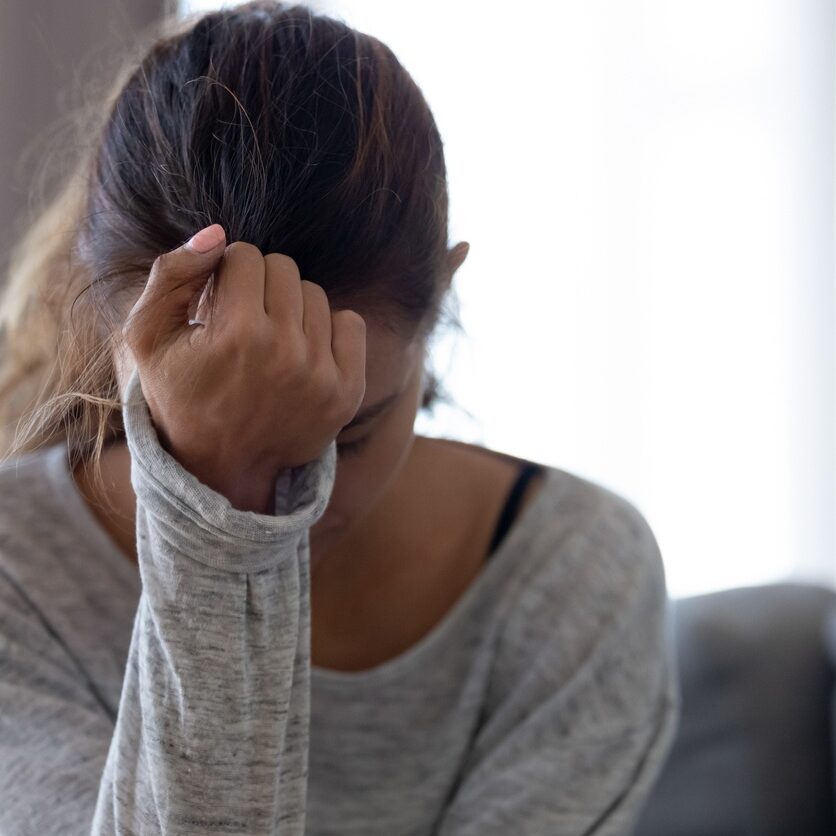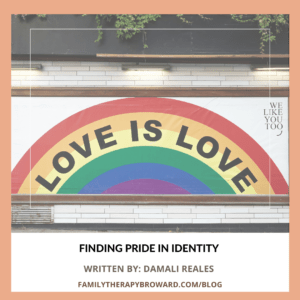What is Anxiety?
Anxiety, or more specifically anxiety disorder, is a large and uncomfortable reaction to a situation that you may perceive as terrible, but really isn’t. Yes, there are instances when anxiety is warranted, such as when you are genuinely in danger. In that case, anxiety is your mind telling your body to take action because there is a threat of harm. However, when anxiety shifts into overdrive and you perceive too many things as potentially threatening, then it can be debilitating..
Am I the Only One with Anxiety?
No you are not. Anxiety is one of the most common mental health disorders in America. Estimates are that it affects some 40 million adults, or about 18 percent of the population. Fortunately, anxiety is also one of the most treatable conditions.
What Are the Symptoms of Anxiety?
- Worry that is uncontrollable
- Stomach troubles
- Shortness of breath
- Irritability
- Insomnia
- A racing heart or heart palpitations
- Racing thoughts
- Tension and tight muscles
What Is the Difference Between an Anxiety and Panic Attack?
Symptoms of anxiety vary in intensity, from mild to severe. Panic attacks, on the other hand, are always severe and present suddenly. Furthermore, panic attacks may not necessarily be triggered by an internal or external stressor; these can happen without any stimulus.
Symptoms of a panic attack include:
- A pounding heart
- Chest pain
- Dizziness
- Nausea or stomach pain
- Sweating
- Shortness of breath
- Feeling as if you’re being choked
- Chills and shivers
- Numbness or tingling in the extremities
In addition, people who have experienced panic attacks report feeling a loss of control and suddenly fearing they are about to die. Panic attacks usually peak after 10 minutes or so and then gradually subside. However, after an attack, a sense of unease and worry may linger for the remainder of the day.

How Can Therapy Help with Anxiety?
Cognitive Behavioral Therapy, or CBT, is the gold standard for treating anxiety. CBT’s premise is that your internal thoughts rather than external events affect the way you feel. So, it’s not necessarily the circumstances you find yourself in, but your perception of those circumstances that make you anxious.
Together, you and your clinician at Family Therapy Group of Weston will identify the connection between your thoughts, feelings and behaviors. Once you are aware of this connection, then you’ll better understand how negative thinking feeds anxiety. With this understanding, you’ll be able to learn how to control the underlying cause.
Another treatment option is Acceptance and Commitment Therapy (ACT), which is a type of CBT. This therapy helps people with anxiety develop positive behaviors even when they’re feeling anxious. The main point of ACT is to learn to live with anxiety so that it does not become your life’s focal point. ACT works very well in cases of Generalized Anxiety Disorder, as well as depression.
What is OCD?
OCD or Obsessive Compulsive Disorder is a mental health disorder categorized by obsessive thoughts (obsessions) accompanied by compulsive behaviors (compulsions).
Obsessions are anxiety/stress provoking and can be focused on a variety of fears such as:
- Fear of being a bad person
- Fear of being dirty or contaminated
- Fear of getting sick or dying
- Fear of hurting yourself or hurting a loved one
OCD is commonly referred to as the “What if Disease”.
What if I get dirty and I’m never able to get truly clean? What if I said something to my friend and they think I’m a bad person? What if I leave the house and forget to lock the door and someone breaks into my house?

For someone without OCD, thoughts like these may cause some anxiety however they are often able to let go of the thought and move on. For someone with OCD, the stress and anxiety continue to build because they struggle to accept the uncertainty that their worst-case scenario may come true. This intolerance of uncertainty often leads to increased attention being given to obsessive thoughts. This person cannot sit with the possibility that they may actually be a bad person or may actually be dirty forever and this is where compulsions come into play.
Compulsions are specific behaviors that a person engages in as a way to rid themselves of obsessive thoughts or to decrease distress associated with the obsessive thoughts. Compulsions can appear in a variety of ways, sometimes being directly related to the obsession or feared outcome, and sometimes can appear to be completely random.
Some examples can include:
- Repeated behaviors (hand washing, opening/closing doors, turning lights off and on)
- Counting/Repeating behaviors (counting to a specific number, repeating a word or phrase multiple times)
- Physical motions or Tics (tapping, shaking, blinking)
- Ordering/Arranging (items need to be lined up/arranged in a specific order)
What can be done to treat OCD?
The important thing to remember in terms of OCD is that the thoughts or obsessions are categorized as being “ego-dystonic” meaning that these thoughts and obsessions are NOT in alignment with a person’s true thoughts and feelings. The reason these thoughts/obsessions cause distress is that they are often the opposite of what someone truly values, wants, or believes!
While engaging in compulsions often provides short-term relief from anxiety or distress the unfortunate true of OCD is the more a person engages in compulsions, the more they need to engage in compulsions. As a person engages in more compulsions, the relief provide from the compulsion decreases overtime, which causes a person to need to increase the frequency or severity of the compulsions. What was washing hands twice when leaving the bathroom can then turn to spending hours in the bathroom scrubbing until the skin is raw.
The most effective treatment for OCD is a type of CBT known as Exposure and Response Prevention (ERP). This kind of treatment helps individuals struggling with it to gradually learn to tolerate the distress associated with not engaging in the compulsion. Your therapist will work with you to develop an effective plan to help alleviate your OCD tendencies.

Read Some of Our Blog Posts About Anxiety:
Porque tan a menudo a los hombres les cuesta buscar ayuda psicológica
Escrito Por: Esmeralda Faroh Para tomar la decisión de buscar ayuda psicológica, un factor importante es el permitirnos ser vulnerables, y eso es algo que…
Read MoreFinding Pride in Identity
Written by: Damali Reales Amongst the excitement of summer, June marks the beginning of Pride Month, a time where we celebrate the diversity and…
Read More



